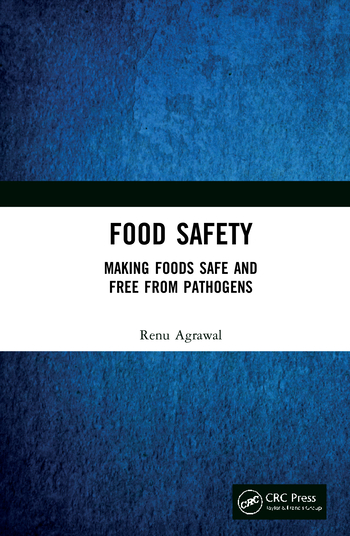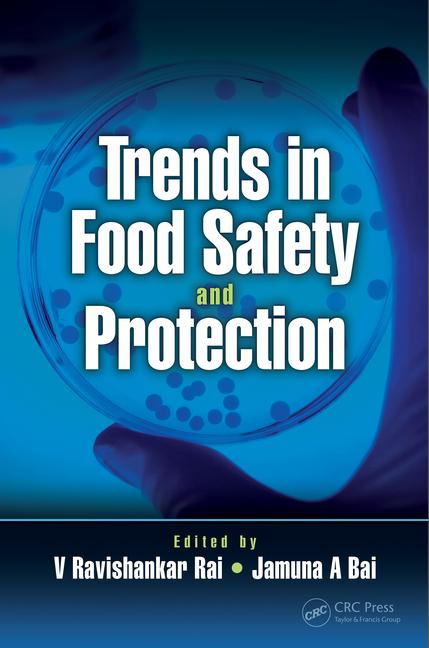FDA Sued Over Petition Urging Agency to Set Limits for PFAS in Foods

Image credit: wirestock via Freepik
A lawsuit has been filed against the U.S. Food and Drug Administration (FDA) for failing to act on a petition urging the agency to set limits for per- and polyfluoroalkyl substances (PFAS) in foods.
The lawsuit was filed on January 24, 2025 by the Tucson Environmental Justice Task Force, the same group that submitted a petition to FDA in November 2023 asking the agency to set tolerance levels for PFAS in various fruits, vegetables, milk, eggs, fish, and bread. FDA is required to respond to petitions within 180 days, but the lawsuit alleges that the agency took more than a year to address the November 2024 petition.
Specifically, the petition asked FDA to establish temporary tolerances—not action levels—for PFAS as a “poisonous or deleterious substance” under Section 406 of the Federal Food, Drug, and Cosmetics Act (FFDC). Tolerances must be enforced, whereas action levels are not legally binding and permit FDA to take enforcement action on a case-by-case basis. The petition requested FDA set tolerances at the method detection limit of 0.05 micrograms per kilogram (μg/kg), or 0.05 ppb, for residues of 26–30 PFAS in a variety of foods.
According to the petition, adequate methods for tolerance enforcement already exist; namely, the PFAS 30 Method, which was issued by FDA in August 2023. The PFAS 30 Method was developed in response to increasing PFAS regulations in the EU, and has been validated for the analysis of the 30 PFAS that are the subject of the petition.
The petition cited evidence that environmental PFAS contamination does transfer to food at quantifiable levels in milk, agricultural crops, and fish, and pointed to FDA’s own analyses finding PFAS residues in different food commodities.
FDA responded to the petition with a letter in April 2024, writing, “We have not reached a decision on your petition within the first 180 days due to competing agency priorities. However, be advised that your petition is currently under active evaluation by our staff.” Also in April 2024, FDA published testing results for PFAS in foods collected as part of its Total Diet Study, showing that PFAS could not be detected in more than 97 percent of samples.
Looking for a reprint of this article?
From high-res PDFs to custom plaques, order your copy today!









